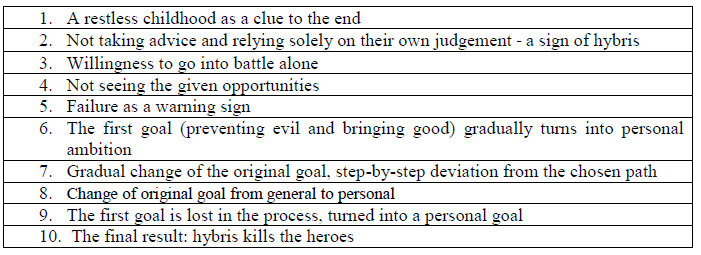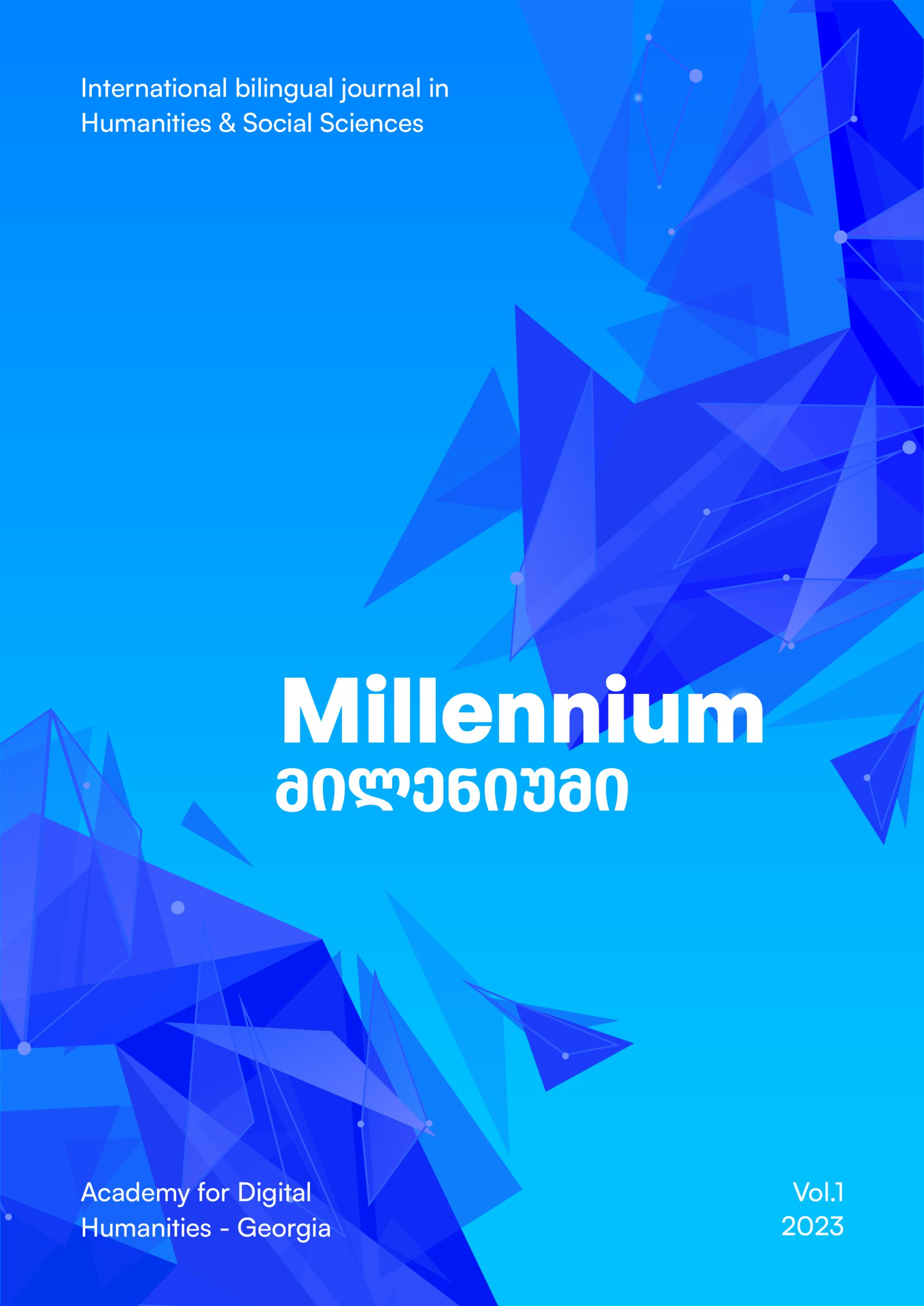ჰუბრისის მოტივი კომპარატივისტულ ჭრილში (ანგლოსაქსური „ბეოვულფისა“ და ქართული „ამირანიანის“ მიხედვით)
Main Article Content
ანოტაცია
Despite its diversity and rich tradition, the epic genre is less represented in the Georgian folklore. In Georgian folklore, there is no evidence of a historical epic, there is no clearly defined historical or pseudo-historical hero. In Georgian folklore Amirani belongs to the genre of tragic epic, where the drama of the rise and fall of a man is told by means of heroic-adventure and mythological motifs. Despite the fact that Amiranian is often discussed in relation to the myth of Prometheus, it has much more in common with Greek classical drama than with the myth of Prometheus. "Amiranian", like Greek drama, is built on hubris (Z. Kiknadze 2011). The present article discusses the motif of hubris in a comparative perspective according to the Anglo-Saxon “Beowulf” and the Georgian “Amiraniani”.
Every character in epics has his own fate which, however, can be similar to another hero’s fate. He may gain reputation, win or lose, and at last he may fall and die because of hybris. Hybris is the condition which tests the hero and pushes him towards such situations where his heroism is challenged; if he passes successfully through all obstacles, he is a real hero, but if not, he falls and dies. Hybris is indeed some kind of challenge for the hero, and not all heroes can cope with it. It is like a test case on which it depends on how well a hero can face all challenges.
The heroic adventures of Beowulf and Amiran belong to different cultures, but both of them were finally formed in the Christian epoch and have many motifs and elements in common. The path of both heroes begins with doing a good deed. They help people and free them from a hard life by protecting them from demonic creatures. However, at some point their strength becomes fatal for them. Step by step, Amiran’s strength loses its meaning. In the beginning, there was no living soul that could defeat him until his tempestuous nature woke up and his desire to fight his own godfather chained him forever to a rock.
Beowolf’s goal is to help others. It seems that his only purpose on earth is to live for the sake of others, but when he starts boasting to Unferth about his heroic actions, his fall begins: even though Beowulf can look back on a lot of victories, this will surely bring him to an inevitable defeat. Both heroes have the opportunity to change themselves, but none of them takes this chance. They cannot avoid arrogance, pride and haughtiness. Life gives them hints and lessons that should be a reason of their awakening, but pride has such an impact on these characters that none of them turns out of his way.
The godfather provides Amiran with three opportunities to contemplate and come to his senses: in the castle, Hrothgar exhorts Beowulf to avoid a path that is full of glory and wealth because it might end up fatally.
Amiran and Beowulf have the opportunity to make a different choice, but one of them wants infinite power and the other is passionate about secret treasures. Both characters ultimately sacrifice themselves to these pursuits in the end. Their ways are the same because hybris always leads to an end.
Chart:
Common steps in Amiran's and Beowulf's paths:

Common features and characteristics of Beowulf and Amiran:

Indications of hybris and death due to hybris:

